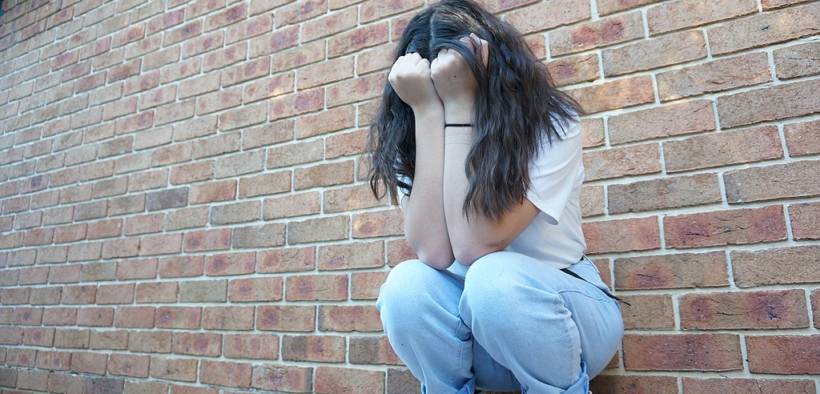Talking To Your Children About Mental Health

In the year 2020, mental health has become a very prevalent issue for Americans. As more celebrities and athletes open up about their own personal struggles with mental health, the stigma is being taken away slowly but surely. What else can be done about the stigma though? Teaching our younger generations about the reality of mental health and what it means to deal with is a great starting point.
The CDC estimates that :
-
4 percent of children aged 3 to 17 years (approximately 4.5 million) have a diagnosed behavior problem.
-
1 percent of children aged 3 to 17 years (approximately 4.4 million) have diagnosed anxiety.
-
2 percent of children aged 3 to 17 years (approximately 1.9 million) have diagnosed depression.
The numbers aren’t too staggering but the fact still stands, mental health can affect kids at a young age. Even if your kids aren’t affected personally by mental illness, it is inevitable that they will come in contact with one of their peers who may be suffering from it. Your kids may notice strange behavior from a peer and should have an understanding of why they make act a certain way.
There are few things more fulfilling than teaching our kids about all the good things in life, it is just as important to teach them about the dark realities as well, things like mental illness and drug addiction are important things for kids to at least be aware of.
Educate Yourself
Kids, naturally, are loaded with questions. Broaching this topic with them is guaranteed to produce a wide array of inquiries. Of course you never know what your child will ask so you may have to improvise some. If you don’t know the answer to something, however, simply tell them you aren’t sure then go research the answer! There are some terrific mental health resources available online, including but not limited to:
SAMSHA (Substance Abuse and Mental Health Services Administration)
NAMI (National Alliance on Mental Illness)
AACAP(American Academy of Child & Adolescent Psychiatry)
Remember, this is just introducing your kids to the reality of mental illness and what it can do to somebody. There doesn’t have to be a ton of specific examples or have to be too in-depth. Keeping it surface level and stating the basics is the best way to go at first. After that initial conversation, you can navigate where to take it the next time you talk about it with them.
Planting The Seed
While planning to begin the conversation, there are some keys to remember when talking to your child:
- Keep the conversation at an appropriate level so your child can process the information you are giving them. You want to make sure you are clear and simple when explaining what it means to be mentally ill.
- Watch out for how your child reacts, body language should let you navigate where to take the conversation and when to end it
- Gauge the mood of your kid before the conversation starts, make sure they are in high spirits and are not having a stressful day, this is heavy information and should not be taken lightly
Once you have had the initial conversation, review how it went and what you can talk about next time you bring it up. There is not a formula on how to do this, all of our kids will react to the conversation differently. Let the questions they ask and their reaction determine how and when you will discuss it next.
Some parents may be living with a mental health issue themselves, this can become a great time to talk about your own experience and allows kids to see that it is very possible to have something like depression and still live a great and happy life. Making it clear that there are solutions to mental health issues and that you have done work to live with it.
We want the world to become a place where having mental health issues does not have a stigma. Plenty of everyday people life with mental disorders and have thrived in life. At the same time, millions stay in the dark about their issues because of the fear of judgment. Teaching our kids about mental health can make the future of this country sympathize with mental health like never before.







